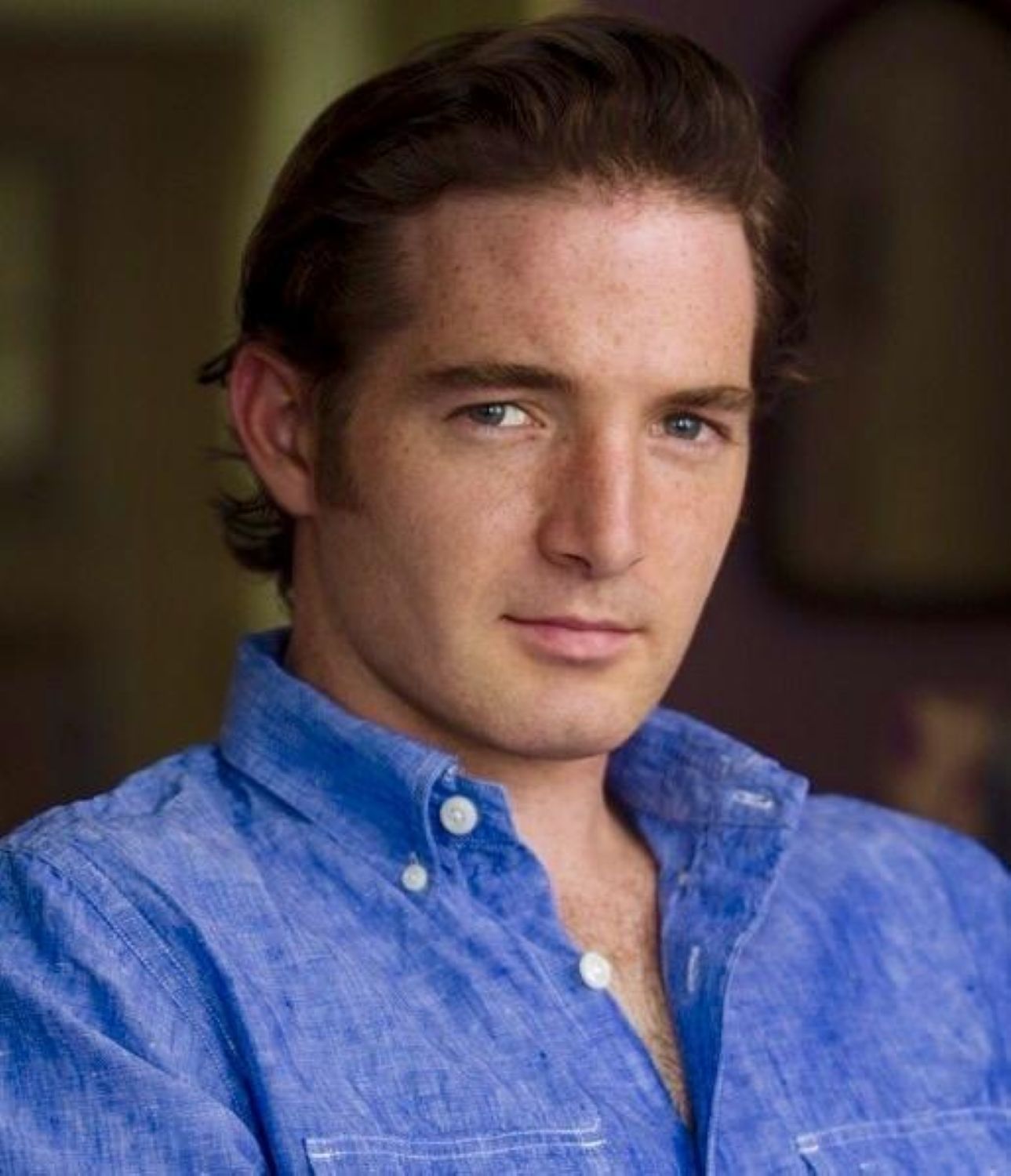
In the film A Fragile Peace: Brexit and Northern Ireland, Rory Duffy offers a compelling, clear-eyed look at the delicate balance still present in Northern Ireland decades after the 1998 Good Friday Agreement, which ended decades of conflict in Northern Ireland. With his background as both a filmmaker and historian, Duffy approaches the subject not just as an observer but as someone with a deep respect for the past and the human stories within it. The result is a documentary that has captivated audiences, notching numerous film festival wins and nominations for best feature documentary.
“I am a proud New Yorker of Irish heritage,” Duffy shares with Celtic Life International in an email exchange, noting that his roots trace back to both Killybegs in Co. Donegal and Co. Ballyhaunis in Mayo. “I have been interested in film since I was a youngster. I watched the movie Jaws all the time as a kid – it was just so magical and adventurous. In fact, the last shot of A Fragile Peace is my homage to the last shot in Jaws.”
While the early days of Duffy’s career were spent in front of the camera (he appeared in off-Broadway plays and on iconic TV shows like Law and Order: Special Victims Unit), he ultimately found more creative fulfilment behind it. “I was able to paint the entire canvas rather than just be one colour in someone else’s painting.”
That shift led to a career that combines diligent research, intuitive storytelling and a blue-collar approach to production.
My process is very workman-like: I wake up, pack my lunch, go to work and solve the problems of the day. If a subject strikes a chord, I go to the library, read, watch related documentaries, and if something’s there, I keep digging.”
In the case of A Fragile Peace, what struck a chord was Brexit. “The potential for a return of violence to the North of Ireland due to Brexit was what compelled me to start developing a documentary film. We started following events as they unfolded, hoping the Good Friday Agreement stayed intact. And thankfully, it has.”
 Making the film, however, was not without its challenges. “Access to people, funding and time were the biggest hurdles. And then COVID-19 hit, and we could not get over to the North to film. Still, the amazing thing is, when you do show up, you’re usually rewarded with something cinematic.”
Making the film, however, was not without its challenges. “Access to people, funding and time were the biggest hurdles. And then COVID-19 hit, and we could not get over to the North to film. Still, the amazing thing is, when you do show up, you’re usually rewarded with something cinematic.”
The result is a profoundly moving film that follows three compelling individuals: Damian, a political activist and father; Martina, a peaceful grassroots leader; and Aron, a young activist determined to shape his future.
“They are incredibly likable people, and that connection is what makes you care. And that’s what makes the film work.”
Indeed, care and connection are threads weaved throughout A Fragile Peace, both within its storyline and in the international response that it has received.
“The response has been unreal. Audiences around the world have connected with the film and the characters.”
The film’s resonance stems in part from the relevance of its message. “Conflict and conflict resolution are universal stories. There are practical applications from the Good Friday Agreement that could be used to resolve conflicts that plague the world today.”
It is also no surprise that history plays a large part in his work. Duffy teaches history at City College of New York, and that academic lens inspires his storytelling in subtle but significant ways. “What makes my work unique is the fact that I’m a historian and I bring that historical perspective to film.”
Though a seasoned and serious filmmaker, he is lighthearted about what makes a good film. “If I knew exactly what that was, I would be a millionaire.”
Even with all the accolades and acclaim, Duffy stays grounded and busy. He and his producing partner (and wife), Hyun Joo, are currently enjoying the festival ride for A Fragile Peace while diving into pre-production for several new projects. “One is on urban planning, another on 9/11 and one on the loneliness epidemic as a health crisis in the United States.”
Ultimately, Duffy returns to the camera for the real rewards.
“Nothing beats watching people watch your movie on a big screen. It is magical. And getting the thumbs up from people impacted by the story and, in this case, people from the North of Ireland, there is just nothing like that.”
www.maciduffyproductions.vhx.tv
@roryduffyphoto




Leave a Comment